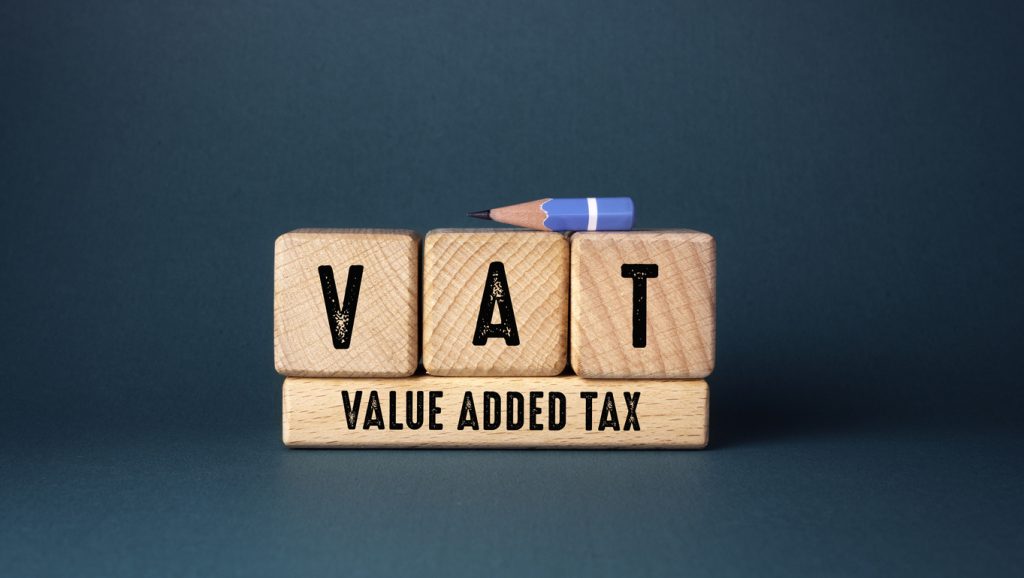
Get in Touch
Our team of accountancy experts are available to speak to you as soon as possible. You can also email us or complete the contact form and one of the team will be in touch.
A subcontractor is a person or a business who is hired by a contractor to work on individual jobs that form a larger project. The term often refers to labourers working in the construction industry.
In a project to build a block of flats, a contractor would be hired to manage the whole thing; a selection of subcontractors would be hired for the sub-tasks such as installing the windows.
Subcontractors are commonly self-employed:
You set your rates of pay
You’ll decide when you work
You choose the projects that you want to work on
But if you work under a contractor, they will pay your wages and deduct tax for you.
What is a CIS subcontractor?
This refers to someone who is part of the Construction Industry Scheme. The scheme was created by HMRC as a way to tax construction workers properly. Previous to the scheme, labourers were often paid cash-in-hand, which made accurate and trackable taxing quite difficult. But once the scheme launched, the contractor who paid you would deduct tax from your pay and forward it on to HMRC.
One of the benefits of being part of the scheme is that a contractor will only deduct 20% of your pay, rather than 30%. Outside the scheme, 30% is deducted. You’ll then claim a rebate at the end of the tax year for any overpayment. You also do this if you’re registered, but your take home pay every month is higher.
Unless you’re a higher rate tax payer – so you earn more than £50,270 per year – you shouldn’t owe more than 20% in tax.
Do I have to have deductions?
No. If you don’t want deductions made from your pay by a contractor, you can register for what’s known as “gross payment status”. This means that you’ll be paid in full, without tax deducted. You will, however, need to deduct tax yourself by the 31st January tax return deadline when you do your Self Assessment tax return.
Frequently Asked Questions
-
Why was the CIS set up?
In the past, many subcontractors were paid cash in hand – meaning that HMRC couldn’t track who was being paid and how much they owed in tax. The CIS means that you are properly registered and your income is tracked.
-
How do I register for the CIS as a subcontractor?
No. If you don’t want deductions made from your pay by a contractor, you can register for what’s known as “gross payment status”. This means that you’ll be paid in full, without tax deducted. You will, however, have to pay any taxes owing by the 31st January tax return deadline when you do your Self Assessment tax return.
Search More Terms
View our latest news & insights






